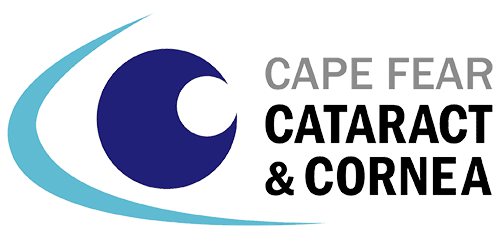Dry eye has been known as a specific eye condition that can be diagnosed and treated by eye care professionals. This condition is often bothersome to both men and women, causing symptoms that can disrupt daily life, such as burning, watery, itchy eyes. In most situations, this condition has been a blanket diagnosis for patients who experience these symptoms on a regular basis. However, with continued advances in the area of eye care, research has allowed eye doctors to make a better diagnosis for their patients and determine if another condition may be the root cause of their dry eye: MGD.
What is MGD?
MGD stands for Meibomian Gland Dysfunction. This condition is caused by blockages in the small glands in the eyelids that produce oils to ensure that protective, watery layer of tears that keep the eyes hydrated. When these blockages occur, they can cause the same symptoms as the more generalized condition of “dry eye.” Eye care professionals who can evaluate the patient and determine the difference between these two issues will be able to provide more effective solutions for these individuals. In many cases, by unblocking these oil-producing glands, patients no longer have to use artificial tears or other methodologies to treat their dry eye. They can speak to their doctor about the proper treatment to address this otherwise chronic issue.
How do I know the difference?
It is best for an eye care professional who is providing the evaluation to closely study the cause of the dry eye symptoms. Instead of just assuming it is dry eye without an underlying cause, an eye care physician is not providing the most thorough solution. With a proper diagnosis of MGD, patients can seek a permanent solution with the unblocking of these glands in the eyelids through certain procedures.
Interested in getting a proper diagnosis of your condition?
Contact Cape Fear Cataract and Cornea in Wilmington, NC today to schedule a visit with Dr. Brian Groat. With a proper evaluation and correct diagnosis, patients can better understand their condition and the proper ways to treat it. Call (910) 769-4590 and visit at 1915 South 17th Street, Suite 101.


